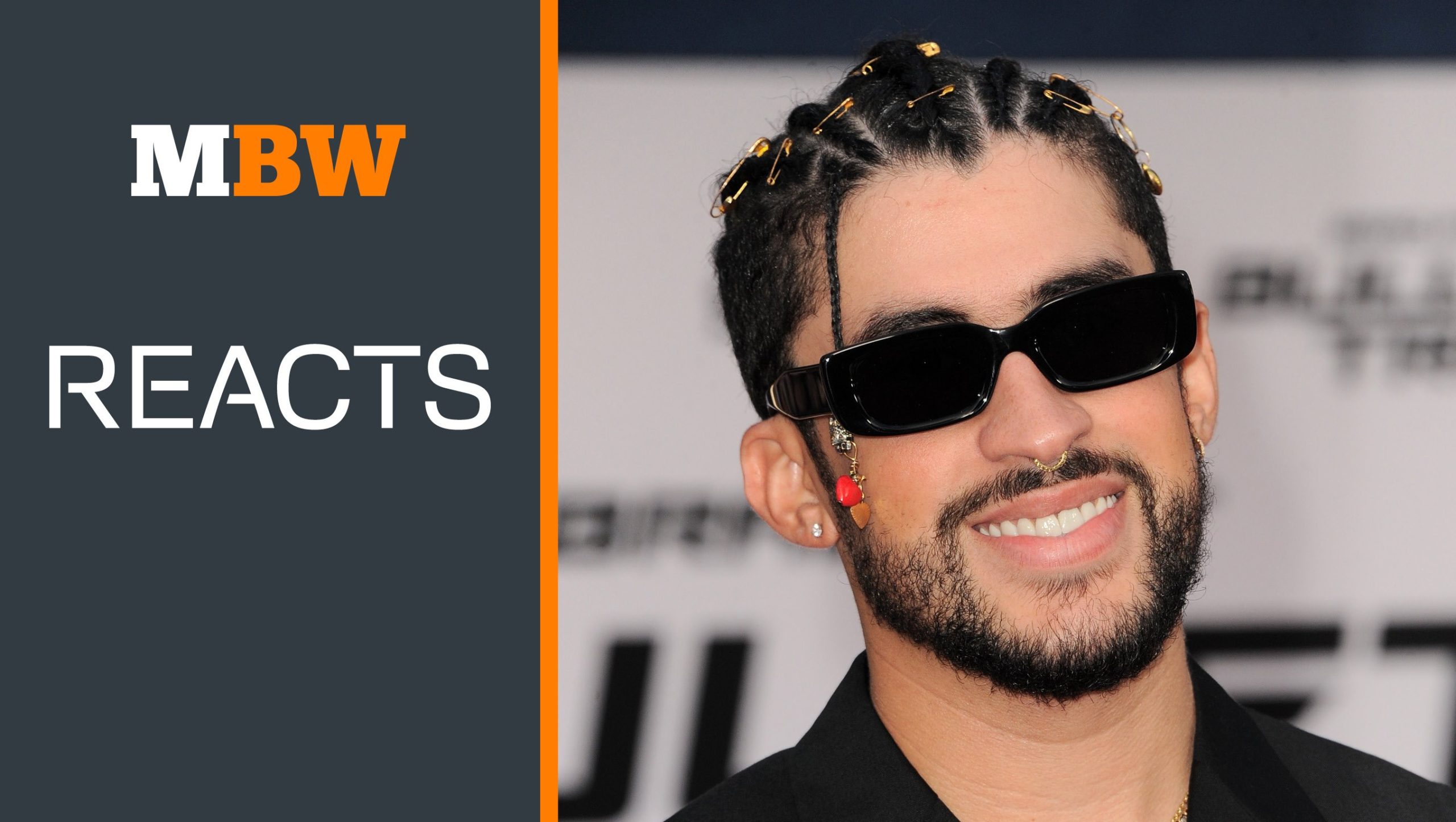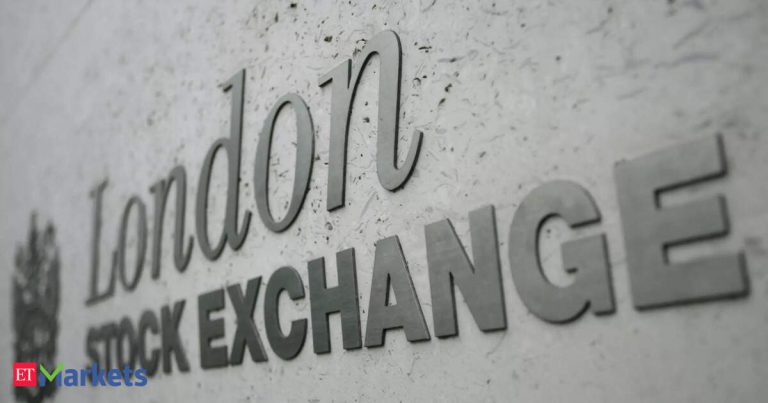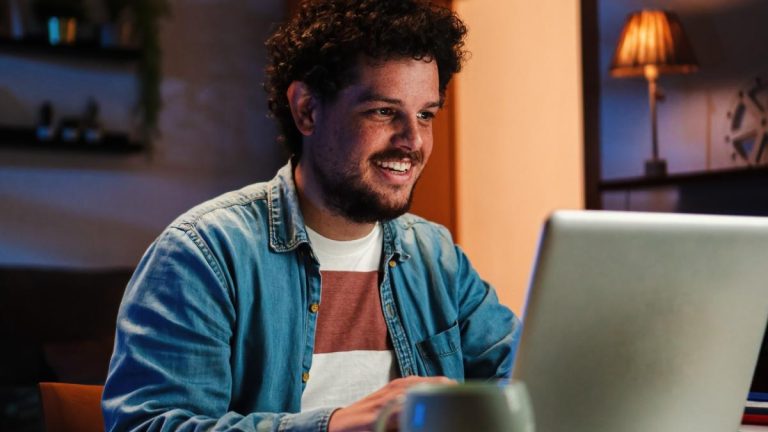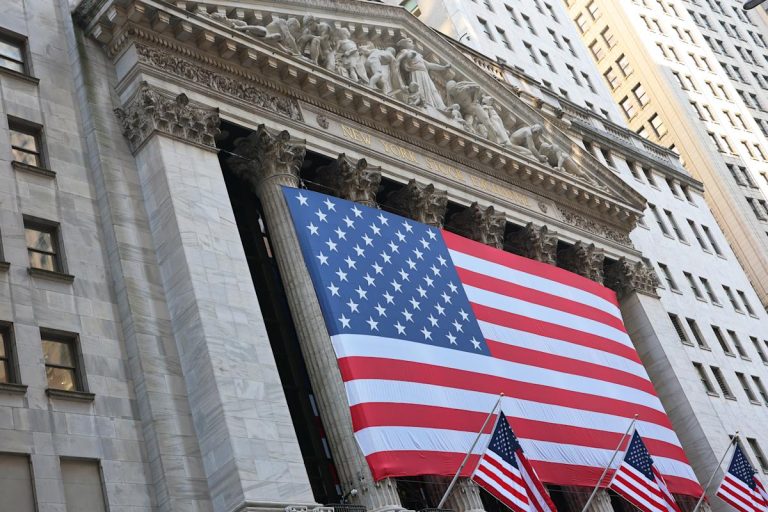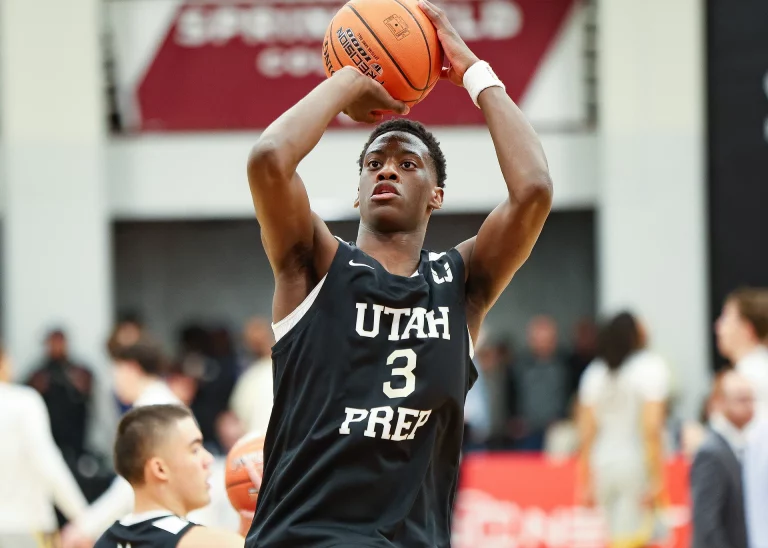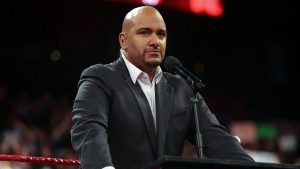MBW Reacts is a series of analytical commentaries from Music Business Worldwide written in response to major recent entertainment events or news stories. Only MBW+ subscribers have unlimited access to these articles. The below article originally appeared in Tim Ingham’s latest MBW+ Review email, issued exclusively to MBW+ subscribers this week.
Beware the major record companies’ data panopticon!
They see all! They know all!
👀 👀 THEY’RE WATCHING YOU RIGHT NOW!!! 👀 👀
So went the moral panic that spread across tin-foil-hatted areas of the music business last month, following an investor address from Sony Music Group boss Rob Stringer.
In his presentation, Stringer confirmed that Sony‘s The Orchard and AWAL service 26,000 independent labels and 20,000+ independent artists, respectively.
Stringer also separately confirmed that Sony has acquired minority stakes in over half of The Orchard’s top 20 indie clients.
The worry amongst paranoid quarters of indie-land: Sony is using proprietary data from all that Orchard/AWAL activity to buy up vulnerable independents who are desperate for a cash injection.
This is a cracking conspiracy theory – and a handy one for lobbyists now raising similar concerns about Universal’s takeover of Downtown/FUGA in front of regulators.
Sadly for industry drama addicts, the reality is significantly less sinister.
Let’s start with The Orchard’s biggest client, Rimas Entertainment – and the story of how Sony actually came to own a piece of it.
Rimas, ‘friction’, and a founder-friendly takeover…
Thanks to a 2023 transaction, Sony is understood to own a ~30% stake in Rimas’s record label and management company.
This stake would have cost Sony around USD $100 million, judging by a Billboard report published mid-negotiation, which suggested a ~$300 million valuation for Rimas. (Sony has never publicly confirmed details of the deal.)
Yet it’s the nuances of this situation that really matter.
According to Billboard’s reporting at the time, Sony acquired its stake in Rimas by helping long-term Bad Bunny manager, Noah Assad, secure control of the company he co-founded.
Indeed, it’s expected that Assad and Sony each acquired half of the ~60% stake in Rimas sold to them by Venezuelan entrepreneur Rafael Ricardo Jiménez-Dan.
(Remember his name; this gets interesting.)
As a result, Assad could take his new ~30% stake (half of the 60%) and add it to his existing ~40% stake to finally secure majority-ownership of Rimas. Sony, having stumped up funding for the takeover, got its own ~30% piece of the action. (Bad Bunny is believed to have some ownership via the Assad stake.)
According to Billboard, Rafael Ricardo Jiménez-Dan had not been actively involved in Rimas’s day-to-day operations since 2018, and had “no interaction” with Bad Bunny.
Perhaps no shock, then, that – direct quote – there was “friction” between Jiménez-Dan and Assad.
Here’s a guess as to the source of that ‘friction’: Jiménez-Dan is said to have secured his 60% stake in Rimas via a mere USD $2 million founding investment in 2014.
Meanwhile, Jiménez-Dan was previously a senior government official for Venezuela’s notorious leader, Hugo Chávez – a backstory that brings… complications.
Influenced by Jiménez-Dan’s connections, last year a prominent Puerto Rican politician wrote a letter to the FBI.
She questioned whether Bad Bunny’s “editorial line” may have been compromised by Rimas’ ownership — i.e. whether the artist was acting as a political agent on behalf of Venezuela to influence Puerto Rico’s youth.
Nonsense, obviously. But probably not great for the socials.
So, to recap:
- The artist and manager who built Rimas into what it is today (arguably the world’s most successful ‘new’ indie label) didn’t own the majority of the company due to a small amount of seed funding from an ex-aide to Venezuela’s authoritarian leader, Hugo Chávez.
- Said ex-aide’s involvement in Rimas was so controversial that – at the height of Bad Bunny’s fame – it led to a politician calling on THE F**KING FBI (!), suggesting that the Puerto Rican star might be an enemy of his homeland.
- Sony helped clean up this ‘friction’, stepping in with a nine-figure sum that enabled Noah Assad and Bad Bunny to finally take majority-ownership of their business. (A business, remember, they had independently built for a decade with one silent-ish partner… who reportedly never even spoke to Rimas’ central megastar.)
- Throughout all of this turbulence, Assad and Bad Bunny (and Rimas’s remarkable growth) were consistently supported by… The Orchard.
Beware the panopticon!
Run, indie children! RUN!
Let those synapses fire…
But that’s just one example, right? A trivia item.
It doesn’t disprove that Stringer and The Orchard boss, Brad Navin, aren’t sitting right now, glaring into a huge bowl of data, scanning for struggling indie morsels to mercilessly devour.
But think it through. I know this is a big ask of an industry so bewitched by noisy melodrama, but use your actual brain.
Firstly, while I appreciate the suspicion that Sony could manipulate its data reservoir to pressure cash-strapped indies to sell cheaply, I question why they’d bother.
Sony wants to be in bed with globally successful indies. That’s precisely why Stringer highlighted its acquisition of stakes in some of The Orchard’s top 20 biggest clients.
Now: imagine you are one of those top 20 clients, and you’re doing great.
You get a call from Sony HQ: “Hi, Entrepreneur X. We’ve been watching your data and wowee, you’re smashing it out there. We’ll give you $15 million for 20% of your company right here and now.”
What’s the first thing you do?
Because it’s not say “yes”, is it? Not unless you’re an imbecile.
You call your lawyer and tell them: “Put the Champagne on ice, baby! I’m hot property!”
Then what does your lawyer do?
They contact every single monied music industry party – Universal, Warner, Concord, BMG, Primary Wave, Create Music Group etc. – with a fistful of your royalty statements. Before skipping up and down Wall Street, doing the exact same thing.
And then, only then, if Sony can come up with a more attractive offer than anyone else, will you ink a deal with them.
Because here’s the thing about companies like The Orchard and AWAL (and, indeed, FUGA): they can gather all the data on all of the indie rightsholders they want.
But after a non-prohibitive length of time, their deals allow indie clients to walk away – and sell away.
That level of commercial freedom is a primary reason why smart entrepreneurs sign with ‘indie distributors’ in the first place.
$uicideboy$, OVO, and willing sellers…
For a concrete example of what I’m talking about, try $uicideboy$.
Over the past few years, steered by whip-smart manager, Dana Biondi, the Louisiana hip-hop duo have built a monumental indie business while signed to… The Orchard.
Billboard reported in March that legal reps were out in the marketplace listening to offers for $uicideboy$’ recorded music catalog (technically the catalog signed to their G*59 label) for upwards of USD $300 million.
Not a typo – $300 million-plus!
I’m hearing this deal is getting closer to being finalized… and, currently, it’s not going to The Orchard/Sony.
Meanwhile, as I reported four months ago, I also hear $uicideboy$ are separately selling their publishing catalog to HarbourView for around $100 million.
These $uicideboy$ catalogs, with a combined value of nearly half a billion dollars, were both built in partnership with The Orchard.
Sony’s access to data hasn’t stopped the catalog’s owners from exploring transactions elsewhere in the market… and seeking the best possible bid
(This situation cuts both ways. At some point in the past three years, Sony – via its ownership of Todd Moscowitz’s Alamo – acquired some involvement in Drake’s OVO Sound. OVO is the label through which Drake has traditionally released music from other artists like PartyNextDoor. OVO Sound was previously distributed by Warner/ADA, who, continuing the theme of this article, couldn’t prevent Sony from swooping, despite its own privileged access to all of OVO’s ‘data’.)
Better data, bigger confidence…
So why, then, did Rob Stringer just peacock to investors about Sony’s oceans of indie data – and The Orchard’s minority ownership of some of its biggest clients?
I suspect he was nodding towards a simple concept: Sony has incrementally better data than its rivals about its indie clients, so, in the right circumstances, will feel confident laying down more cash than anyone else to acquire a stake in these businesses.
Yet (and this is a truism so often missing in reductive ‘indies vs. majors’ debates), none of this happens without a willing seller.
We’ve just seen a prime example in the Dominican Republic.
Sony this week acquired a portion of the back catalog of Alofoke Music, founded by Santiago “Alofoke” Matías, while inking a go-forward exclusive distribution deal with the entrepreneur.
Matías, whose company has racked up over 700 million streams, has also granted Sony options for partnership on select future releases via a “shared rights model”.
Matías said of the deal: “This alliance is the result of a shared vision rooted in innovation and legacy, with our eyes firmly set on the future of music.”
Does this sound like a struggling indie desperate for cash to you?
Me neither.
It sounds like someone who’s happy to give Sony ‘skin in the game’ if it means further amplification of his own success.

The important overriding principle?
The real power in today’s music rights industry resides with independent rightsholders.
Sony, Universal, and Warner will naturally gain access to troves of ‘privileged’ data about (and from) their successful indie partners.
They might even use it to evaluate acquisitive approaches to the very same clients.
But a transaction will rarely, if ever, happen if said successful indies aren’t impressed by these companies’ services – and don’t feel inclined to say yes.Music Business Worldwide
